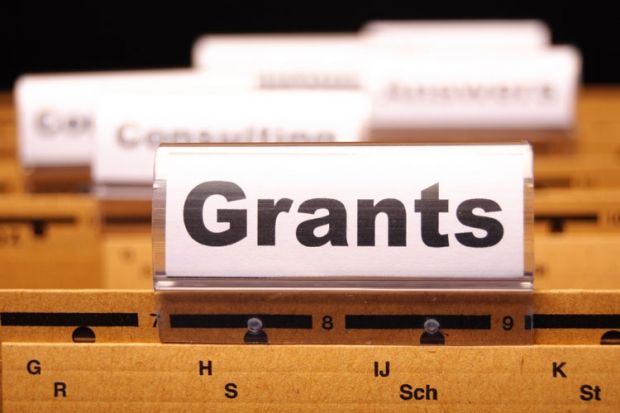Economic and Social Research Council
- Award winner: Nora de Leeuw
- Institution: Cardiff University
- Value: £152,443
Computational catalysis: a sustainable UK-South Africa partnership in high-performance computing
- Award winner: Rachel Mills
- Institution: University of Southampton
- Value: £162,144
Capacity building and PhD student partnership in the marine and maritime sectors
- Award winner: Vincent Cunliffe
- Institution: University of Sheffield
- Value: £200,445
EpiStressNet: A biosocial systems approach to understanding the epigenetic embedding of social stress responses
Royal Society/British Academy/Academy of Medical Sciences
Newton International Fellowships
Fellowships offer a chance for overseas postdoctoral researchers to carry out world-class research in the UK across all disciplines in the humanities, engineering, and natural and social sciences
- Award winner: Hussein Abkallo (Kenya)
- Institution: University of Edinburgh (host)
- Value: £99,000
Genetic validation of the function of PfEMP1 in Plasmodium falciparum rosette formation
- Award winner: Vanessa Fontana (Brazil)
- Institution: University of Liverpool (host)
- Value: £99,000
Identification of efficacy predictors for clopidogrel using integrated systems pharmacology approach
- Award winner: Andrea Idini (Italy)
- Institution: University of Surrey (host)
- Value: £99,000
Ab initio nucleon scattering off medium mass isotopes
- Award winner: Natalia Fili (Greece)
- Institution: University of Kent (host)
- Value: £99,000
The interaction of fission yeast class I myosin with the plasma membrane and its role on endocytosis
Arts and Humanities Research Council
Research grants
- Award winner: Thibaut Deviese
- Institution: University of Oxford
- Value: £63,690
From natural resources to packaging, an interdisciplinary study of skincare products over time
- Award winner: Stuart Walker
- Institution: Lancaster University
- Value: £59,493
Sustaining ethno-cultural significance of products through urban ecologies of creative practice
In detail
Award winner: Karina Croucher (PI)
Institution: University of Bradford
Value: £195,832
Continuing bonds: exploring the meaning and legacy of death through past and contemporary practice
This project will examine a dialogue about death and dying between the clinical and historical disciplines, aiming to demonstrate how archaeology can inform our attitudes to death and dying, and thereby help to shape policy and practice. It also aims to investigate the value of collaboration between healthcare professionals and archaeologists. Death is still taboo in everyday life, often for fear of the emotions it raises. This has considerable consequences for individuals and families in decision-making in illness and the frailty of old age. The team hopes that, through introducing the topic of death through archaeological examples, “death” can become a more familiar conversation. By bringing it into our everyday conversations, they seek to alleviate many fears and hope that practicalities and preferences can be discussed.
Register to continue
Why register?
- Registration is free and only takes a moment
- Once registered, you can read 3 articles a month
- Sign up for our newsletter
Subscribe
Or subscribe for unlimited access to:
- Unlimited access to news, views, insights & reviews
- Digital editions
- Digital access to THE’s university and college rankings analysis
Already registered or a current subscriber? Login
